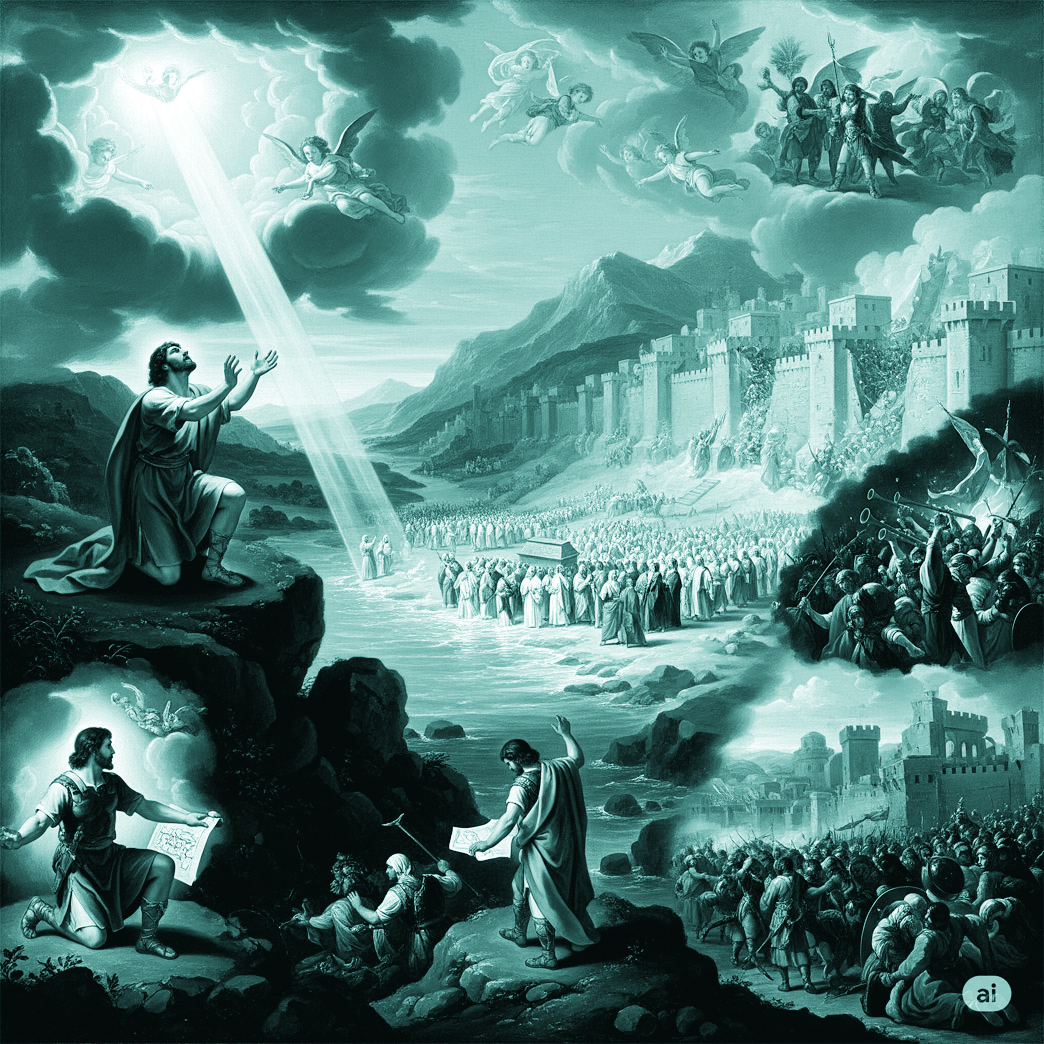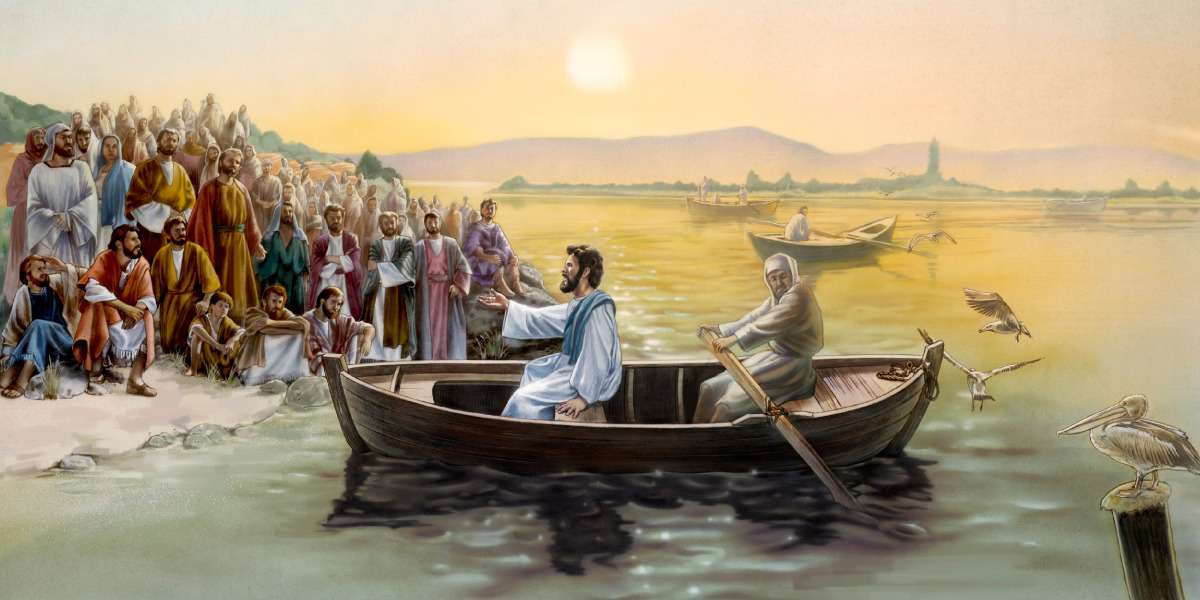

Presenting the Gospel Truth in a Diplomatic Way
Dr. J. N. Manokaran
Three Christian women were arrested for distributing Christian literature in one city in India. The reason was that they distributed some news published in the Illustrated Weekly, a now defunct magazine, in the year 1987. The news report states that the divine light that appears in one popular shrine once a year is neither natural nor supernatural but the handiwork of vested interests. Hence, the literature claims that there is only one Light: The Lord Jesus Christ.
Diplomatic presentation of the gospel
Disciples are called to proclaim the gospel, the truth, and not to be involved in the work of demolishing myths directly, that would offend the people of other faiths. When truth is placed and positioned appropriately, that will attract people. There is no need to be involved in negative tactics of attacking many aspects of other religions.
When nations who are not friends have a conversation, use diplomacy in words, attitude, and action. That is called diplomacy. Gospel preachers should have that skill of diplomacy in communicating the gospel. Paul is a good example of being diplomatic according to the crowd and with concern presenting the good news. The altar which was dedicated to the unknown god, became the starting point for presenting the gospel. In the same way, a common ground or something that points towards the need for salvation or saviour should be discerned. Then that aspect could be used as a metaphor to present the gospel.
Typology and Redemption Analogy
On the Emmaus Road, Lord Jesus Christ after resurrection explained to the two disciples about Himself from the Old Testament. “And beginning with Moses and all the Prophets, he interpreted to them in all the Scriptures the things concerning himself.” (Luke 24:27) What did he explain to those disciples? Nevertheless, their eyes of understanding were opened, and their hearts warmed with the love of God.
Typology or a type is the initiative of God who placed in history a special example or symbol or picture that points to future larger fulfillment. In other words, a type of Christ is a person or a thing that exhibits or resembles the character of Lord Jesus Christ. Paul mentions the type as he referred to Lord Jesus Christ as the Second Adam. (Romans 5:14) The type is also mentioned as a shadow, a figure, a copy or a model, or an image. Moses, Passover Lamb, Moses, Jonah, the bronze serpent, High Priest, Showbread, Menorah…etc. Typology is determined in the Scriptural revelation. Inspired by the Holy Spirit the biblical authors have mentioned them. Searching the scripture and learning is a human part of understanding.
God is already at work in all cultures before a missionary goes there. Some forms of signs or rituals point towards the redemption expressed in the gospel. ‘The Peace Child’, a book written by Don Richardson brought focus to this. Don Richardson (June 23, 1935 – December 23, 2018) was a Canadian missionary who served in Western New Guinea, Indonesia. Three tribal villages were in constant battle at this time. The Richardsons were considering leaving the area, so to keep them there, the Sawi people in the embattled villages came together and decided to make peace with their hated enemies. Ceremonies commenced in which young children were exchanged between opposing villages. One man in particular ran toward his enemy’s camp and literally gave his son to his hated foe. Observing this, Richardson wrote: “If a man would actually give his own son to his enemies, that man could be trusted!” Following this event many villagers converted to Christianity, a translation of the New Testament in Sawi was published, and thousands of patients from among the Sawi and neighboring tribes were treated by Carol. The world’s largest circular building made strictly from un-milled poles was constructed in 1972 as a Christian meeting place by the Sawi.
Essentially, what is understood as typology, is in dimmer forms in other cultures, which is termed as Redemption Analogy. Paul writes that the Redemption Analogy is there in all cultures: “Yet he did not leave himself without witness.” (Acts 14:17) Hence, it is essential to understand God’s Providence and Sovereign in the cultures, when a missionary goes to share the gospel.
Paul’s methods
Paul did not begin from the Old Testament of Mosaic Law or Psalms or Prophets when he spoke to a non-Jewish crowd. Instead, he chose to address them helping them to see God, from their religious traditions or rituals. He even commended the people of Athens as a religious people.
Principle 1: A Common Ground
There would be some kind of commonness of knowledge or experience or similarities that could be used as the starter for a conversation. Paul used what he saw in Athens, that was a common knowledge as the starter for his preaching.
To the Unknown God
Around 500 BC there was a terrible plague in Athens. Epimenides, considered a sage, brought a herd of sheep, and starved them. Then he let loose, and the sheep started to graze. Few went further without grazing but lay down. Epimenides asked people to build an altar near those sheep that laid down and sacrificed them on the altar. That altar was inscribed with: To the Unknown God.
Principle 2: The absolute need for revelation
Intellectual pursuits, traditional rituals, hard penance, philosophy, alms, pilgrimage, and good works…are not sufficient for a human to know God or the Path of Salvation. Even the learned philosophers needed a revelation to know God, as Paul presented the gospel to them. The philosophers of Athens failed to understand God, though there was a desire for it. Hence, they needed revelation, which was presented by Paul as he preached the gospel. In today’s context also all humans, including intellectuals, ritualists, traditionalists, and the religious, need the revelation of the Scripture.
Principle 3: Attributes of God: Creator
Paul also preached that through one man the people in the whole world belonging to various nations came into being. Hence, God is the creator of all people and nations. Paul presented an attribute of God that is accepted even by non-Christians. Only when the truth of the creator is realized, there is the possibility for sharing about the Saviour. Hence, Paul begins from the creation, and God a benevolent and generous creator.
Principle 4: Commendation, not condemnation
Paul tries to find and commends the best in their culture. He commended Athens for their religiosity in search of God. People in Athens must have concluded, that despite having so many gods, there could be some more or someone, whom they did not know. There could be a chief of Gods. In essence, Paul commended them for their search, willingness to explore more like the unknown God, humility to acknowledge that they do not have complete knowledge and so, will be willing to accept the true God.
Sadly, many preachers instead of looking for aspects of commendation, look for the weaker or darker part of other religions to condemn. Hence, hostility and animosity against Christians increase. It is not fair to compare the best of one entity with the worst of another entity.
Principle 5: Paul quotes from Greek poets:
Epimenides the Cretan (600 BC) (he is quoted again in Titus 1:12) and Aratus (310 BC.) Paul quoted them not as prophets, but in their writings, there are some traces of biblical truths. God has placed these truths even in their literature. These truths could be used as the beginning for a meaningful conversation. These kinds of literature or folk songs or proverbs could be used as a bridge to approach them.
Principle 6: Offspring of God
Paul uses a wise argument to help people to understand their foolishness. Paul said that humans are the offspring of God. Paul taught them that man-made gods of gold, silver, or stone cannot produce offspring. Hence, Athens must search and find the true living God. The search must not be using sheep to find a place to build an altar to the unknown God.
Principle 7: Ignorance as sin
The Athens by their inscription have declared that they do not know about God, i.e., ignorance. Paul says that their ignorance is no excuse, instead they will be judged. If ignorance of law is no excuse, then ignorance of truth also there is no excuse. Hence, the Athens are liable to be punished for their ignorance.
Principle 8: Accountable to God
All humans are accountable to God and shall face judgment. Paul explained the judgment as righteous judgment because the Lord Jesus is the righteous judge. God has raised His Son the Lord Jesus Christ from death, who is the saviour. This savior when the door of grace is closed, would be the judge.
Principle 9: Speaking Truth in Love
The gospel is certainly the presentation of the Truth, but the Truth is to be presented in Love. The mandate for presenting the truth is to help people find the light and life and not condemn people and their cultural heritage. So, love must liberate and set people free. Truth is like a bitter medicine, in a sugar-coated capsule.
Principle 10: Call for Repentance
Paul’s speech concludes with a call for repentance. Gospel always demands a response. People have to repent and receive the Lord as their saviour or they should reject Him. On certain occasions, the people may ask for more teaching or time to repent.
Challenge
Christian call is to witness, share the gospel, and teach the Scripture to the whole world. Exalting the Lord Jesus Christ, and His uniqueness is an important mission. There are no equals or remotely close to the Lord and the gospel in the world. False religions, false gods, false sects, and cults will always be there. One plus one equals two is the right answer. There are billions of wrong answers. In the same manner, there is Only One Name Lord Jesus Christ through which we have salvation. (Acts 4:12) Let us faithfully proclaim the gospel.































